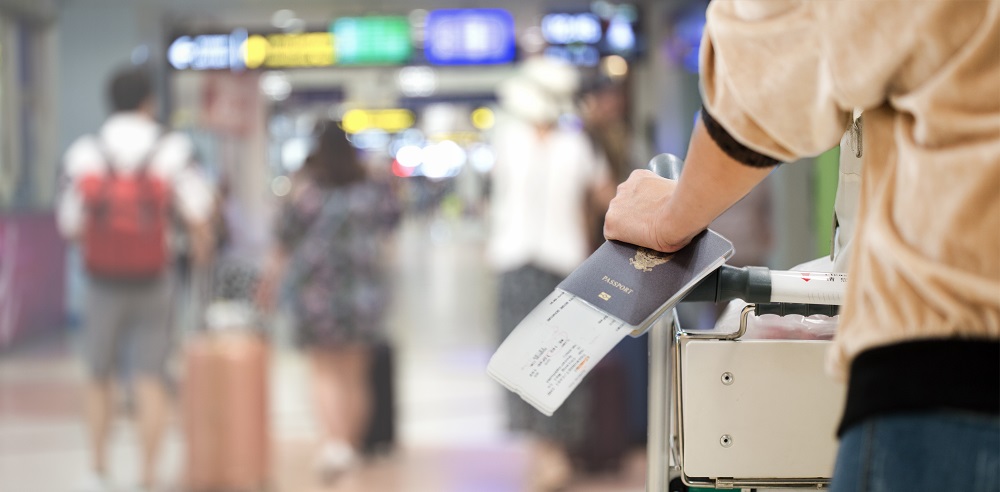EU’s biometric Entry/Exit System may have a launch date
The European Union’s biometric-based Entry/Exit System (EES) may have finally received its launch date.
The much-delayed travel regime is due to start on 6 October 2024, The Independent reports citing an announcement from Eurotunnel, the company that runs the underwater railway tunnel between the UK and France. The target date would mean the system comes online after the Paris 2024 Olympic Games.
The date is yet to be confirmed by the Home Affairs Department of the European Commission. In October, the EU stated that the EES would be operational in fall 2024.
After the EES is fully functional, the next step will be introducing the Electronic Travel Information and Authorisation System (ETIAS), scheduled for mid-2025 with an additional six-month grace period for travelers.
The automated registration system is designed for UK and other non-EU travelers who don’t require a visa to enter the EU. The system will register the traveler’s information, biometric data such as facial scans and fingerprints, and the date and place of entry and exit. Applications will be checked against EU and relevant Interpol databases and a dedicated ETIAS watchlist.
Airline says European EES is ‘poorly managed’
Europe’s new border regime, however, is receiving pushback from frustrated airlines that claim the EES will make travel complicated for last-minute tourists from the UK, which left the scheme after Brexit.
The EES will require travelers arriving from non-EU countries who do not require a visa, including the UK and the U.S., to register each time before they cross the Schengen border.
Low-cost flight operator Ryanair submitted a document to the UK’s House of Commons European Scrutiny Committee, arguing that meeting the EES system’s requirement will be “very difficult.” At the same time, the implementation will result in a “significant duplication of effort” in processing visas, says the company.
The Committee is currently running an inquiry on the impact of the EES on the travel industry in the UK, The Local reports.
“Overall, this whole project has been delayed multiple times and has been poorly managed,” Ryanair says in the document.
Under the new EES, airlines would be required to verify the travel eligibility of passengers 48 hours before departure. The long deadline means that last-minute ticket sales, a significant part of airline revenues, will no longer be an option, the airline added. Ryanair Holdings plc is the parent company of Ryanair, Buzz, Lauda and Malta Air.
The new system may also cause problems for passport check operators, which will have to find more space to check travelers’ biometrics.
Eurotunnel estimated that the average time to process a car on the French border would rise from under 60 seconds to between five and seven minutes, according to The Independent. The firm is spending 78 million euros (US$85.2 million) on new biometric facilities.
The EES and the ETIAS have been delayed several times, most recently by France which has asked to push the implementation past the end of the 2024 Paris Olympics in July and August. The airline industry has supported the delays citing the need for more preparations.







